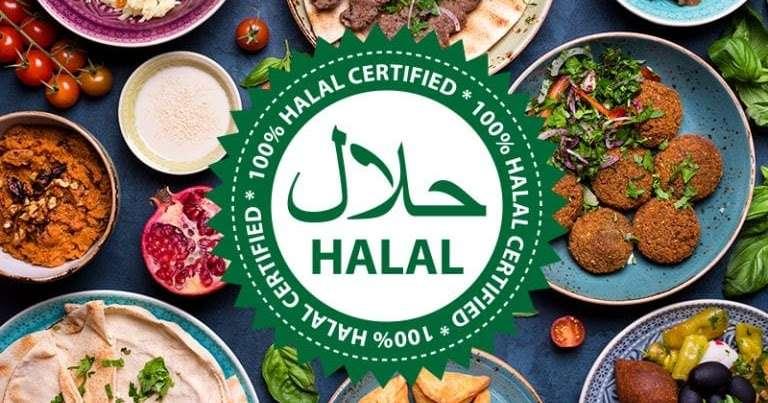Halal Certification: An Essential Guide

Halal certification is a critical process that ensures products and services meet the standards set by Islamic law. It plays a vital role for businesses targeting Muslim consumers, providing assurance that their offerings comply with religious requirements. This guide explores the concept, benefits, and process of obtaining Halal certification.
What Is Halal Certification?
Halal certification is a recognition granted to products, services, or facilities that conform to Islamic guidelines. The term "Halal" means "permissible" in Arabic, and it applies to various aspects, such as food, cosmetics, pharmaceuticals, and logistics. Certification is provided by authorized bodies to ensure compliance with Sharia law.
Categories of Halal Certification
- Food Products: Ensures that ingredients and preparation methods align with Islamic dietary laws.
- Non-Food Products: Includes cosmetics, pharmaceuticals, and other goods free from Haram (forbidden) substances like alcohol or pork derivatives.
- Services: Certifies logistics, warehousing, and restaurant operations to ensure Halal practices throughout the supply chain.
Why Is Halal Certification Important?
Halal certification is essential for businesses aiming to reach the global Muslim population, which exceeds 1.9 billion. Here are some key benefits:
1. Consumer Trust
Halal certification builds confidence among Muslim consumers by ensuring products meet their religious and ethical values.
2. Global Market Access
Halal certification is a gateway to markets in Muslim-majority countries, such as Indonesia, Malaysia, and the Middle East.
3. Competitive Advantage
With Halal-certified products, businesses can distinguish themselves in a competitive market, appealing to a broader audience.
4. Compliance with Regulations
Many countries require Halal certification for imports, making it essential for global trade.
The Process of Halal Certification
Obtaining Halal certification involves a detailed process to ensure compliance with Islamic guidelines.
Step 1: Application
Businesses submit an application to an accredited Halal certification body, detailing their products, ingredients, and manufacturing processes.
Step 2: Audit
An audit is conducted to inspect ingredients, facilities, and processes. This step ensures that no Haram substances are involved.
Step 3: Compliance Review
The certification body reviews the audit results to verify compliance with Halal standards.
Step 4: Certification
Once approved, the business receives a Halal certificate, allowing it to label its products as Halal.
Challenges in Halal Certification
1. Complex Regulations
Different countries have varying Halal certification standards, which can complicate the certification process.
2. Ingredient Sourcing
Ensuring that all ingredients are Halal-compliant can be challenging, particularly for processed goods.
3. Cost
The certification process can be costly, particularly for small businesses.
Future of Halal Certification
With the increasing demand for Halal products, the industry is expected to grow significantly. The adoption of digital technologies, such as blockchain, could simplify the certification process by ensuring transparency and traceability in the supply chain.
Conclusion
Halal certification US is more than a religious requirement; it is a testament to ethical practices, quality, and global market compliance. By obtaining Halal certification, businesses can cater to the growing Muslim consumer base, ensuring trust and expanding their reach in a competitive market.
- Art
- Causes
- Crafts
- Dance
- Drinks
- Film
- Fitness
- Food
- Spellen
- Gardening
- Health
- Home
- Literature
- Music
- Networking
- Other
- Party
- Religion
- Shopping
- Sports
- Theater
- Wellness
- IT, Cloud, Software and Technology


